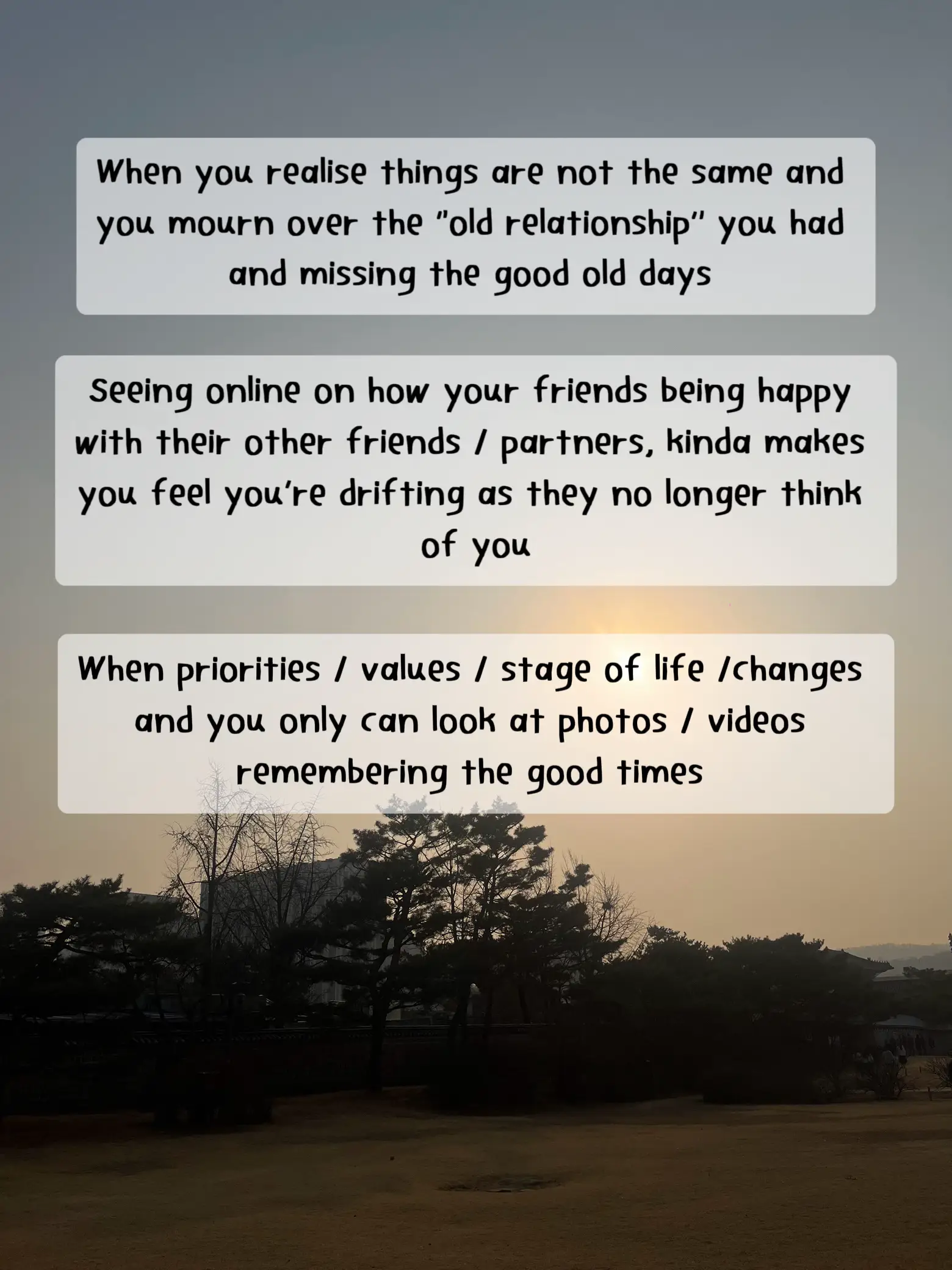How to Make Time for Friendships in a Busy Schedule busy

How to Make Time for Friendships in a Busy Schedule
As we navigate the complexities of middle age, maintaining friendships can become increasingly challenging. Between career responsibilities, family obligations, and personal commitments, it’s easy to let friendships fall by the wayside. However, friendships are crucial for our emotional and physical well-being, providing support, companionship, and a sense of belonging. In this article, we’ll explore practical strategies for prioritizing friendships in a busy schedule, tailored specifically for middle-aged individuals aged 40-55.

The Importance of Friendships
Friendships play a vital role in our lives, offering numerous benefits that extend beyond emotional support. Research shows that having strong friendships can improve mental health, reduce stress, and even lower the risk of heart disease and strokes .2. Moreover, friendships contribute significantly to our overall happiness and well-being, often more so than material wealth .2.

Challenges in Maintaining Friendships
Middle age brings unique challenges that can strain friendships:
-
Busy Lifestyles: Balancing work, family, and personal responsibilities leaves little time for socializing .6.
-
Changing Social Circles: Life transitions, such as moving or career changes, can disrupt established social networks .6.
-
Fear of Rejection: The fear of being rejected or judged can deter adults from initiating new friendships .6.
-
Limited Proximity: Physical distance can make maintaining existing friendships difficult .6.

Strategies for Making Time for Friendships

1. Prioritize Socializing
Treat socializing as an essential part of your well-being. Allocate specific time slots in your schedule for social activities, whether it’s joining a club, attending events, or simply catching up with friends .6.

2. Communicate Openly
Be honest with your friends about your busy schedule. Let them know you value your friendship and would like to see them more often if possible .9. A simple message or call can reassure them that you’re thinking of them, even when you can’t meet up frequently .5.
3. Plan Ahead
Scheduling social engagements in advance helps ensure that you have dedicated time for friends. Use calendars or planners to organize your week and prevent last-minute cancellations .4 .5.
4. Integrate Friends into Daily Life
Invite friends to join you in everyday activities like grocery shopping, working out, or running errands. This approach not only saves time but also fosters intimacy through shared mundane experiences .9.

5. Make Quality Time Count
When you do manage to spend time with friends, make it count. Put away distractions like phones and be fully present in the moment. Quality over quantity is key in maintaining meaningful connections .5.

6. Celebrate Milestones
Don’t miss important events in your friends’ lives. Send a card, gift, or message to show you care about their milestones, even if you can’t be there in person .4.

7. Leverage Technology
Use social media and online platforms to stay connected with friends who live far away or to join communities with shared interests .10. Virtual connections can be just as valuable as in-person ones.

8. Reconnect with Old Friends
Reach out to old friends you’ve lost touch with. Reflect on why the friendship faded and consider meeting for coffee to catch up .8.
:max_bytes(150000):strip_icc()/GettyImages-1304189094-2bec6a9cc08a4a07a21512650191290b.jpg)
9. Join Local Groups
Engage in local activities or join clubs that align with your interests. This is a great way to meet new people and potentially form new friendships .10.

Overcoming the Fear of Rejection
Embracing vulnerability is crucial when initiating new friendships. Don’t let fear hold you back from reaching out to others. Many people are also seeking companionship and will appreciate your efforts to connect .6.

Aligning Expectations
As we grow older, our needs and expectations from friendships may change. Communicate openly with your friends about what you want from the relationship. Different friendships can serve different purposes, and being honest helps maintain strong bonds .7.

Conclusion
Maintaining friendships in a busy schedule requires intentionality and creativity. By prioritizing social connections, communicating openly, and leveraging technology, you can nurture meaningful relationships that enrich your life. Remember, friendships are not just a nicety; they are essential for our well-being and happiness.

Additional Tips for Busy Schedules
-
Use Commutes Wisely: Utilize your daily commute to catch up with friends over the phone .9.
-
Host Group Gatherings: Organize group events to maintain multiple friendships at once .9.
-
Be Flexible: Understand that life gets in the way sometimes, and it’s okay to reschedule plans .5.
By implementing these strategies, you can ensure that friendships remain a vital part of your life, even amidst the chaos of middle age.

Final Thoughts
Friendships are a cornerstone of our emotional and physical health. By making time for them, we not only enhance our own lives but also contribute to a stronger, more supportive community. So, take the first step today—reach out to a friend, plan








